How to Plan Solar Energy When Building a New House
Houses with solar energy seem like a new "trend," and undoubtedly, the benefits outweigh the costs. You not only save on high electricity bills but also reduce your ecological footprint. Although initial costs can be high, you gain benefits for almost your entire life.
It is very important to create a reliable solar energy plan when building a new house because installing solar panels at this stage is easier and cheaper than in an existing home. Therefore, it's also worth consulting a reliable solar panel installation company that will provide you with professional advice and the best tips on solar panel installation.
Houses with solar energy seem like a new "trend," and undoubtedly, the benefits outweigh the costs. You not only save on high electricity bills but also reduce your ecological footprint. Although initial costs can be high, you gain benefits for almost your entire life.
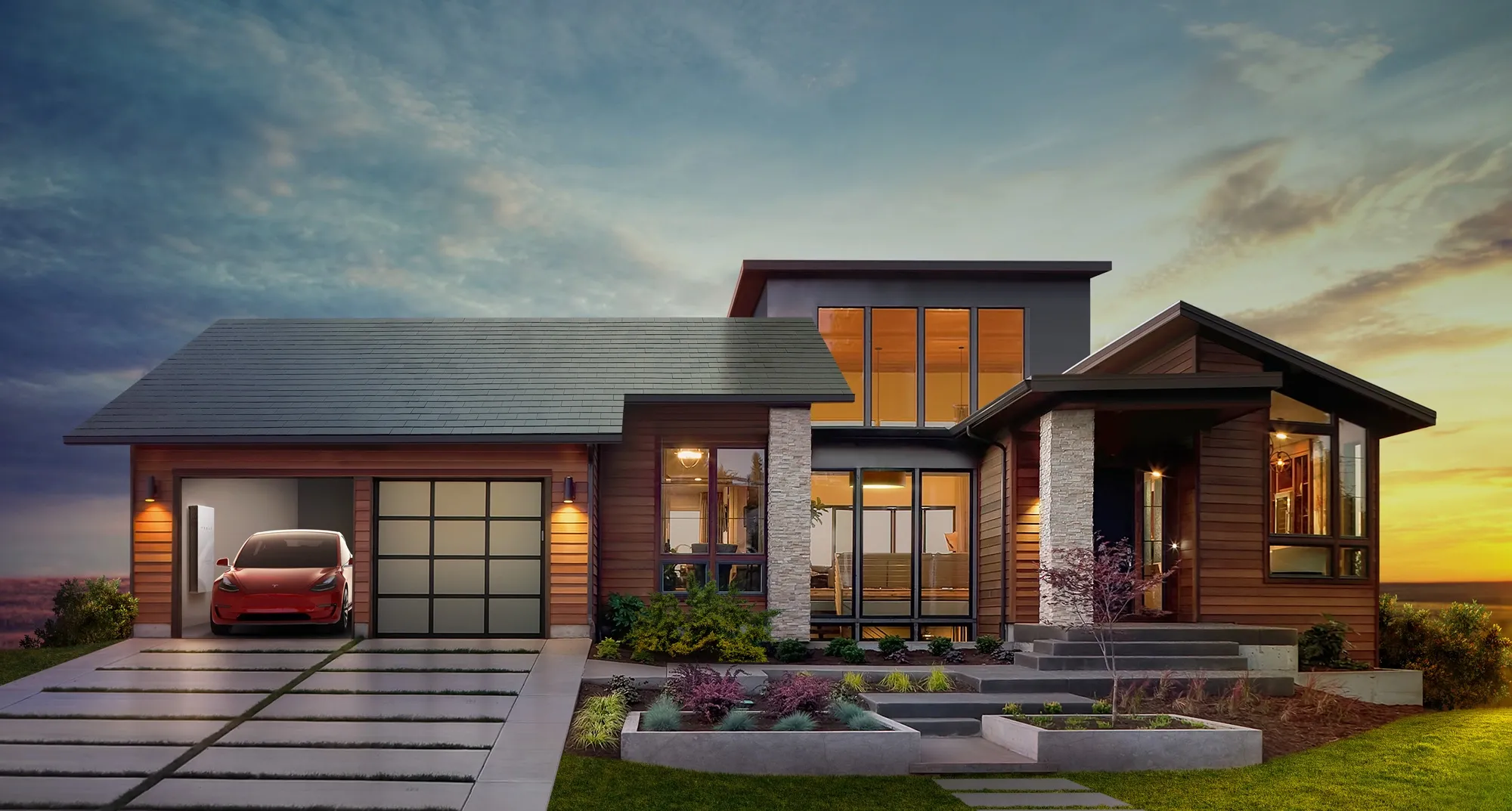
It is very important to create a reliable solar energy plan when building a new house because installing solar panels at this stage is easier and cheaper than in an existing home. Therefore, it's also worth consulting a reliable solar panel installation company that will provide you with professional advice and the best tips on solar panel installation.
However, in this article we will list several valuable tips so you can plan solar energy well when building a new house. Read below to learn more!
1. Your Home's Landscape
The orientation of your home has a significant impact on the efficiency of solar panels. To maximize output, ensure that your house faces south as it receives ideal amounts of sunlight.
If your home faces north or east, your solar panels won't operate at optimal levels. Additionally, it's important to consider the size of your home—will there be construction nearby in the near future or large trees that may block sunlight?
You should also pay attention to your home's region. For example, if you plan to live in a coastal or windy, snowy area, you might need to spend a bit more on protection against salt and wind corrosion to extend the lifespan and improve the efficiency of solar panels.
2. Roof Design
Certainly, the location of your home also affects how much sunlight solar panels absorb. Additionally, consider whether there are other objects that could cast shadows on the solar panels, such as satellite dishes, chimneys, or antennas.
If your home will have a flat roof, you should still pay attention to the angle and direction of solar panels.
3. Pre-installing Wiring for Solar Panels
It's more convenient to install wiring for your solar system during new home construction since it is more cost-effective and less labor-intensive. If you have this opportunity, just do it.
Moreover, if you've already decided to build a home with solar energy, you need to install the pre-prepared solar system electricity meter rather than replacing it later.
4. Getting Professional Advice
Last but not least: when planning solar panels for your new home, ensure that you consult professional and reliable designers and builders who can provide the best advice.
Evidently, their experience in this field will help you build your dream home while maximizing the functionality of solar panels, making your money and efforts worthwhile.
Need a renovation specialist?
Find verified professionals for any repair or construction job. Post your request and get offers from local experts.
You may also like
More articles:
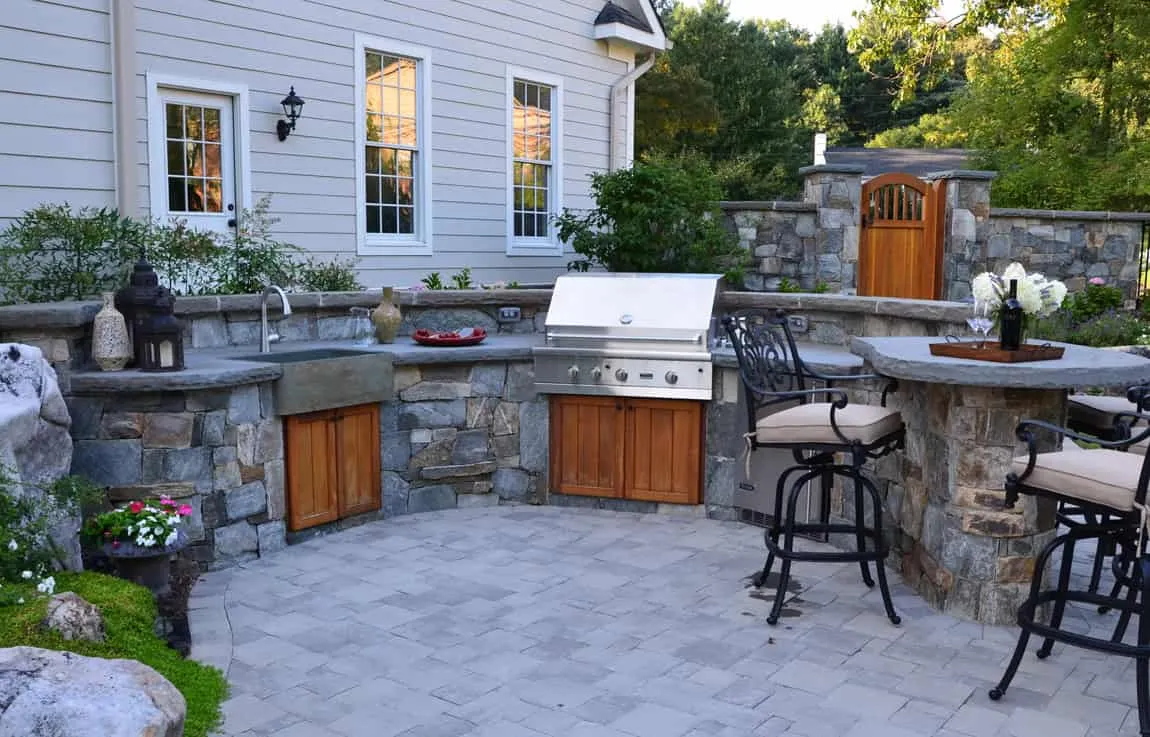 How to Connect an External Faucet with a Hose
How to Connect an External Faucet with a Hose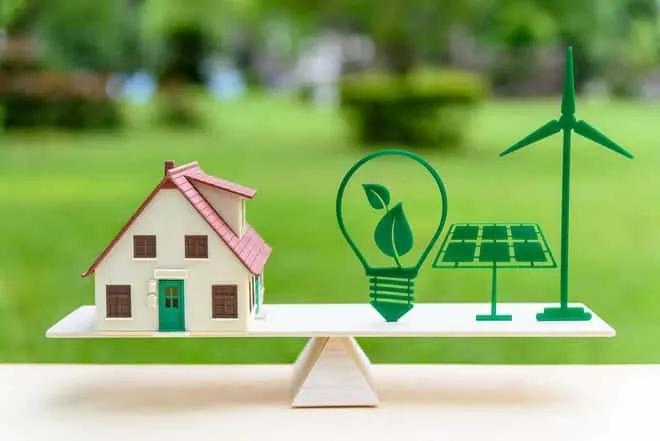 How to Make Your Home More Eco-Friendly
How to Make Your Home More Eco-Friendly Ways to Increase the Usefulness of Your Kitchen with Various Appliances and Accessories
Ways to Increase the Usefulness of Your Kitchen with Various Appliances and Accessories How to Add a Magical Forest to a Child's Bedroom
How to Add a Magical Forest to a Child's Bedroom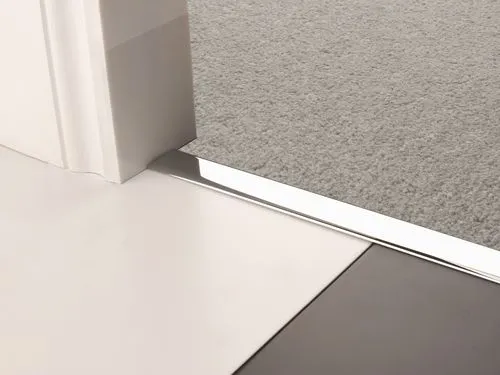 How to Install a Threshold Barrier?
How to Install a Threshold Barrier? How to Add an Aquarium to Home Renovation
How to Add an Aquarium to Home Renovation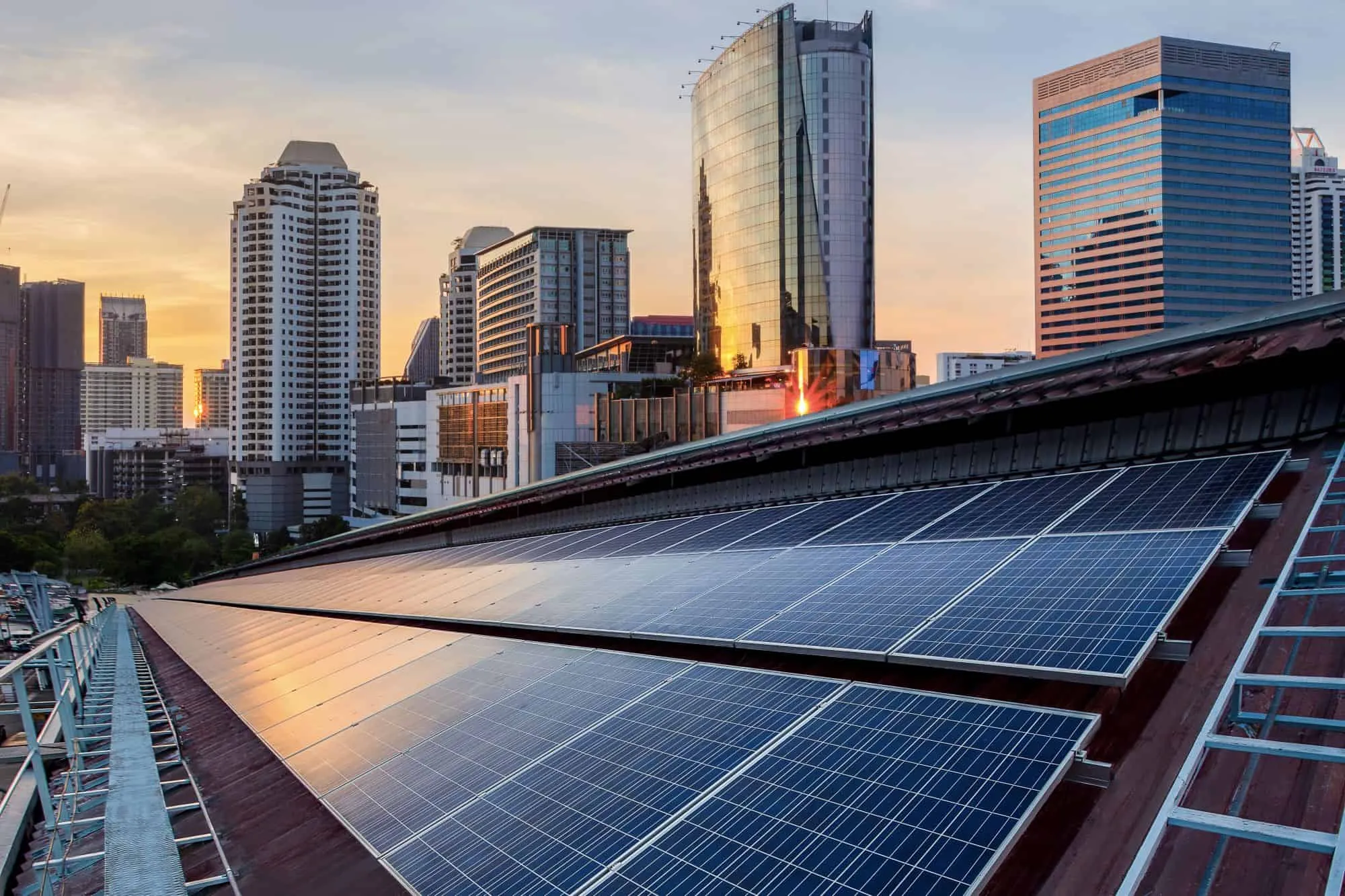 How to Integrate Solar Panels into Building Design
How to Integrate Solar Panels into Building Design How to Integrate Biophilic Interior Design
How to Integrate Biophilic Interior Design